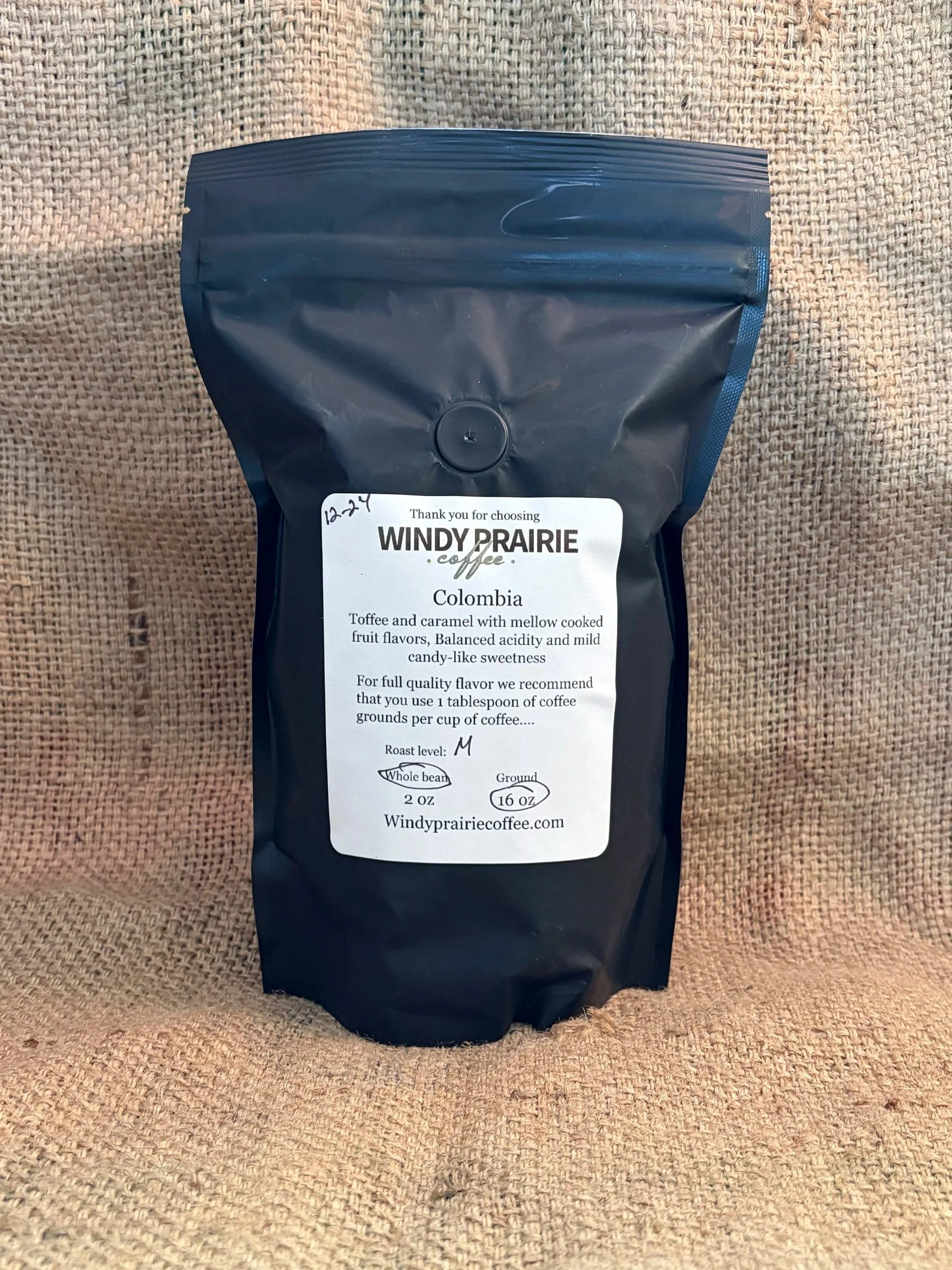Colombia
Colombia
Colombia
16 oz
Toffee and caramel with mellow cooked fruit flavors, Balanced acidity and mild candy-like sweetness.
Region: Tablon de Belgica, Tarqui, Huila
Altitude: 1700 Meters above sea level
La Virginia
Neider Criollo Betancourt is a second generation coffee producer from Tarqui, Huila. While he grew up around coffee, his family lost a lot of the tradition after his father passed away at the age of eight. In 2012, Neider traded his first motorcycle for his first hectare of land and re-ignited his passion for coffee. A few years later he traded his second motorcycle for his next 1.5 hectares and was able to purchase his first wet-mill shortly after.
While he has owned and operated his Finca La Virginia for the past eight years with his partner Maribel Bermeo, he was limited to commercial coffee production because he did not have a way to properly dry his coffee. After hearing of the successes of his neighbors in producing and commercializing specialty coffee, he made it a mission to learn as much as he could and set out to build a dryer in early 2019.
A very meticulous producer, Nieder spent all of 2019 (2 harvests) focused on refining his process. With the help of his sister, a cupper at a cooperative in San Agustin, and through a lot of trail-and-error, he was able to settle on a process and made his first delivery of quality focused coffee to Fairfield Trading in October of 2020. We’re happy to report that every delivery of coffee he has prepared for export has cupped at 87+ points – quite an accomplishment for a beginner in specialty coffee production.
THE FUTURE:
Neider wants to build a siphon that brings cherries down from a collection point (where workers bring their pickings to be weighed and recorded) to the wet mill. He believes this will incentivize workers to come to his farm during harvest because it means less back and forth up steep hills carrying heavy amounts of coffee.
He hopes to build a vermicompost facility to process cherry waste and household organic material to create organic soil and foliar fertilizers – saving him money as well as saving his land.
He also wants build raised beds under his drying facility to extend his drying time – leaving the wet parchment to first dry in shade for up to 8 days before moving it up to the solar dryer for 10-20 days. Neider believes that this causes the coffee to “temper,” or stabilize in the early process of drying, preventing the parchment from splitting open - something that often happens when wet parchment dries too quickly at high temperatures. This will also expand his capacity for drying, avoiding potential defects, like phenols, that occur in the drying process.

